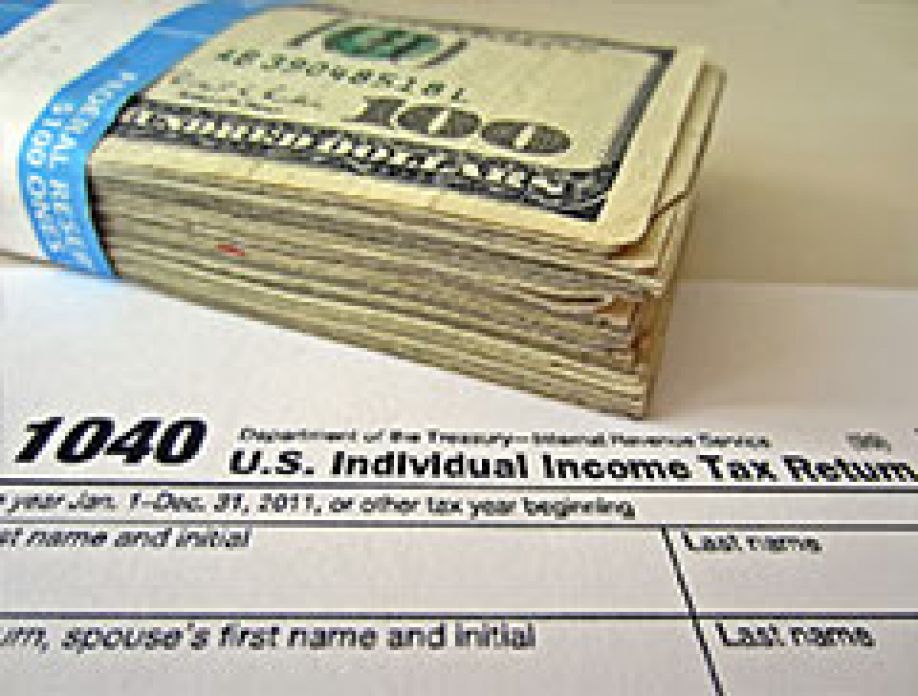“Today’s launch moves us closer to a world in which tax cheats have nowhere left to hide,” said Angel Gurría, OECD secretary-general.
The Paris-based OECD said “vast” amounts of untaxed money was kept offshore but more than half a million taxpayers had already taken advantage of voluntary disclosure programs – which offer reduced penalties to taxpayers admitting to secret offshore accounts.
The €37bn collected through the disclosure schemes offered by a range of countries including the US, France and UK was a sign that the crackdown on bank secrecy has already had a big impact, it said.
Since 2009, tax authorities have been able to request information about offshore accounts but only in cases where they have grounds for suspicion. The move to automatic information exchange which begins in 2017 will make it much easier for the authorities to track down tax cheats.
The OECD published more than 200 pages of details about how banks and governments should exchange tax information, which will be presented to a meeting of G20 finance ministers in Cairns in Australia, in September. Mr. Gurría said: “Our message will be clear and simple: the automatic exchange of information standard is ready for implementation.”
More than 65 countries have already publicly committed to implement automatic information exchange, including important offshore financial centers such as Switzerland, Luxembourg, Singapore and the British Crown Dependencies and Overseas Territories. Some canters such as Hong Kong have yet to commit, while a number such as Dubai and Panama have signaled they will resist the transparency drive.
About 45 countries have agreed to implement information exchange by 2017 while the others are likely to come under pressure to implement the measures a year later. The Tax Justice Network, a campaign group, said some progress has been made towards addressing its concerns. But it said there were still some loopholes that would affect developing countries and allow tax havens and their clients to circumvent the new rules.
Pascal Saint-Amans, the top tax official at the OECD, said technical assistance would be in place to support less developed countries so they benefited from the move to greater transparency. He said: “Developing countries are not going to be excluded.” Banks and other financial institutions face significant compliance costs from implementing the new rules that will require them to identify their clients’ tax residences and exchange relevant information.
But the Business and Industry Advisory Committee, a body representing businesses at the OECD, said it was pleased that the guidelines “reduced the potential burdens on business while achieving the OECD’s tax compliance objectives”.
















